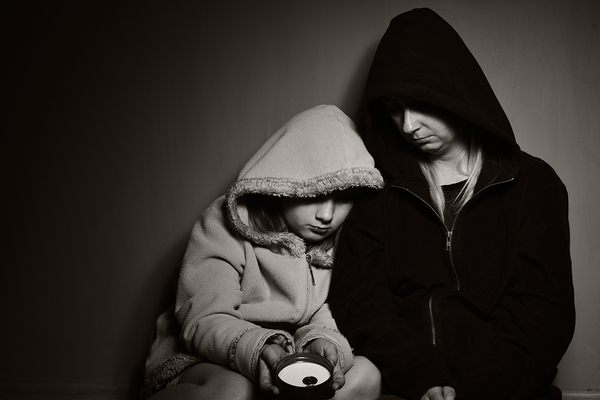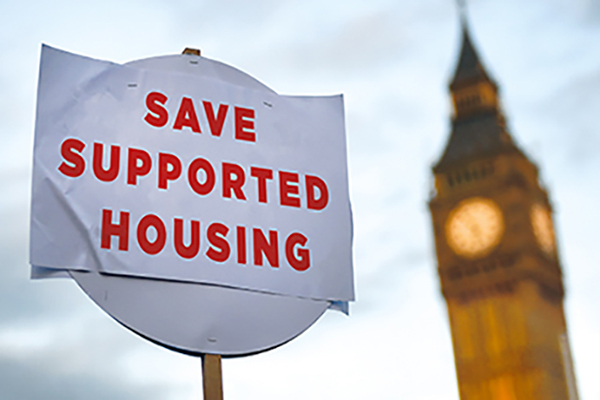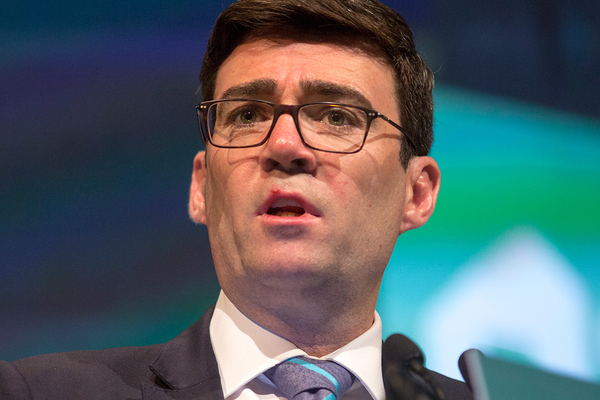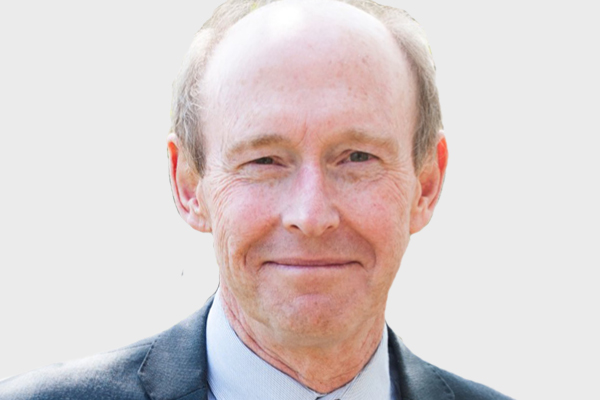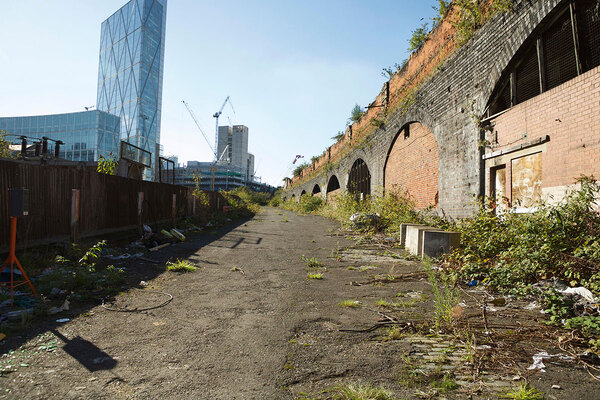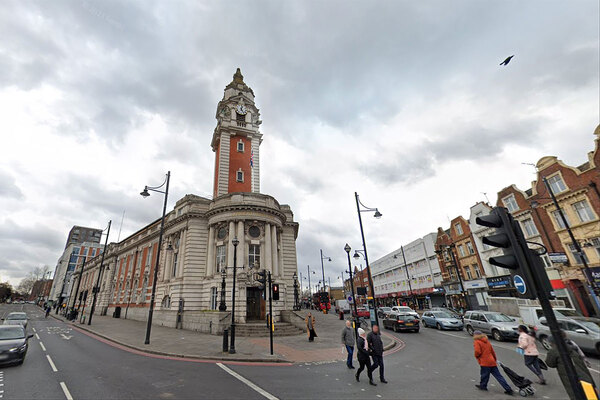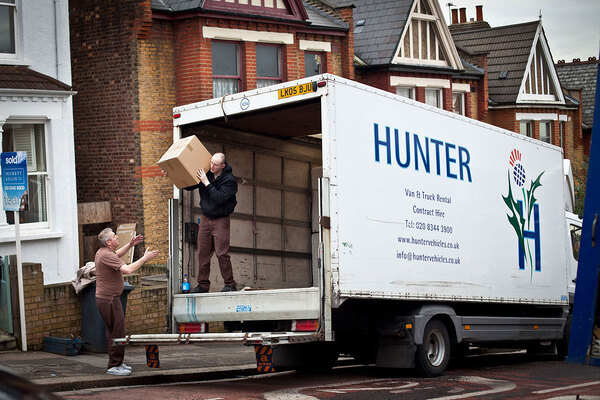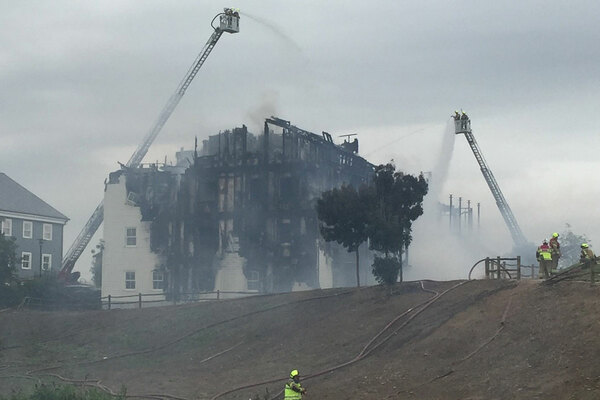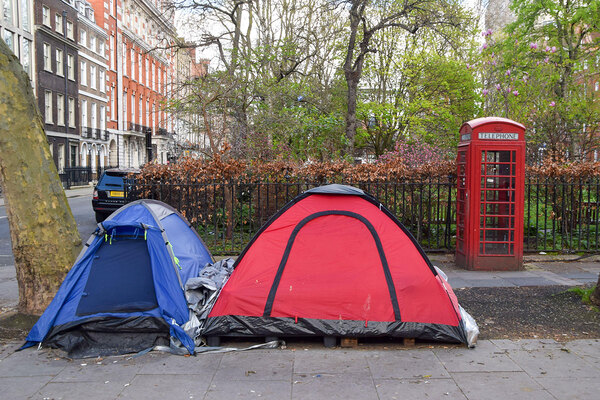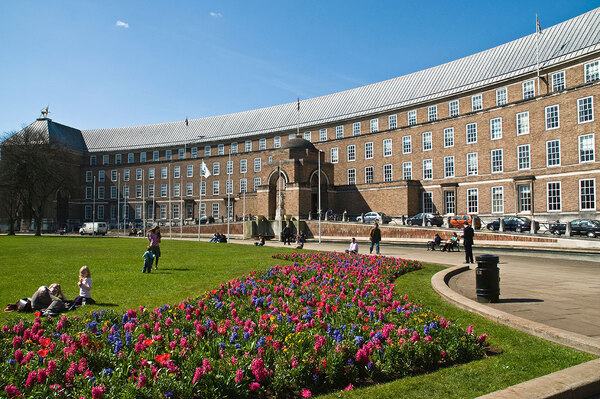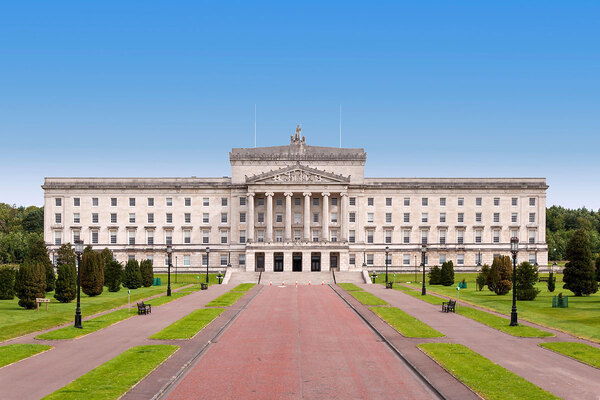You are viewing 1 of your 1 free articles
Low Universal Credit levels leaving people at risk of homelessness, warns Crisis
The money residents on Universal Credit are receiving through benefit payments is falling behind renting costs in London and putting people across the capital at risk of becoming homeless, Crisis has warned.
The homelessness charity said low Local Housing Allowance (LHA) rates mean Universal Credit claimants cannot afford “the vast majority” of rented homes in London.
In Tower Hamlets, only 2% of two-bedroom rented houses are affordable for small families claiming through the welfare system, according to a report published by Crisis today as it launches a campaign titled Cover the Cost.
No rented rooms in shared housing were affordable for single people under 35 on Universal Credit – who receive lower LHA rates – while just 2% were affordable in Croydon.
People are being forced to choose between paying for food and bills or paying the rent as result of the gap between the benefits and rent, Crisis said, while those already homeless find it “near impossible” to secure a stable home.
LHA sets the amount of housing benefit or Universal Credit housing element that households in the private rented sector can claim in a certain area.
It is intended to reflect the lowest 30th percentile of local private rents to give welfare claimants access to a portion of the market, but in practice it often falls well below the market in more expensive regions.
Cuts to LHA rates since 2011 have meant benefits stopped keeping pace with rising rents, while LHA rates have been frozen entirely since 2015.
A two-bedroom home in Tower Hamlets in the cheapest 30% of the market would still likely cost £56 a week more to rent than provided in benefits to a small family through LHA, Crisis said.
The charity is calling on ministers to restore LHA rates to cover the lowest 30th percentile at the Spending Review.
Janice Gunn, director of Crisis Skylight Croydon, said: “We need to see government bring Universal Credit back in step with the true cost of renting.
“This will drastically reduce council spending and will provide greater reassurance to private landlords that people on Universal Credit can afford to pay their rent each month.
“Most importantly, it will stop people becoming homeless in the first place while giving those on the lowest incomes the safe and stable homes they need to build their futures.”
Muhammed Butt, executive member for welfare, empowerment and inclusion at London Councils, said: “The freeze in Local Housing Allowance rates combined with year-on-year rent increases means that fewer and fewer properties are affordable to low-income households in the capital.
“Too often the result is Londoners going into rent arrears and ending up homeless.
“This is a terrible situation for Londoners to find themselves in. It also puts huge pressure on councils, who take responsibility for those made homeless and ultimately have to pick up the bill.”
A spokesperson for the government said: “Each year we spend around £23bn to help people with their housing costs.
“We have targeted extra funding at low-income households in areas where rents are placing most pressure on budgets, and given local authorities £1bn since 2010 to further support vulnerable claimants.
“With Universal Credit, housing costs can be paid directly to landlords to help people manage their money and many people take up this support.
“We continue to tackle the root causes of homelessness, committing £1.2bn of funding so far, as well as building more than 400,000 affordable homes since 2010.”
